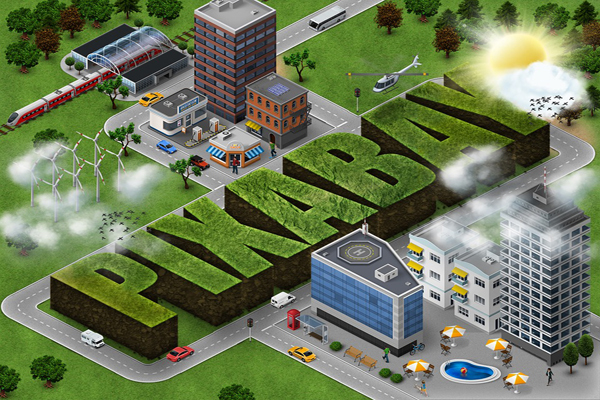Core IoT technologies continue to evolve, and we see IoT changing industries such as automotive, energy, healthcare, transportation, and manufacturing, as well as appliances such as doorbells, air purifiers, sockets, security systems, ovens, thermostats, and more.
So, is your business ready for the Internet of Things? How will IoT technology affect enterprises?


Access more data
Data is the key for any business to survive and grow in the market. The more data a business has, the closer it is to its consumers. IoT devices are able to collect more data than ever before in order to provide accurate services to users. IoT-ready businesses are able to track and record consumer behavior patterns, which can then formulate the next marketing/advertising strategy. With accurate data, businesses can create smart product recommendations and customized searches to attract more customers.
IoT-enabled inventory management processes
IoT technology will also revolutionize inventory tracking and management. IoT-enabled remote scanners help businesses easily track inventory of items from manufacturing plants to warehouses to deliveries. IoT can also be used to automate inventory management, freeing companies from any human intervention that often leads to breaches. Therefore, the Internet of Things is not just about “smart homes” or “smart appliances”, it is also about “smart offices”, “smart warehouses”, “smart cargo transportation”, etc.
Employees working remotely
IoT technology opens up more possibilities for those who need to work remotely. When IoT technology is combined with wireless technology, employees can work remotely by plugging in devices from the office or factory floor. They are able to complete more tasks with desired productivity without wasting time traveling to a remote workplace.
efficiency and productivity
Things don’t just get done at blazing speed, today’s businesses require high levels of productivity and efficiency to complete their operations. IoT can undoubtedly speed up many business processes without compromising efficiency and productivity, with new developments in technology enabling workers to complete a large number of tasks quickly and without even making mistakes. Additionally, businesses will be able to operate with minimal staff.
need new consumers
As you expand your business to IoT, don’t forget that customers using your IoT devices will have new needs. They will also want things they have never asked for before, and of course, they will also benefit from every new purchase and every Expect more in one new order. This is where IoT-powered smart devices play a key role and become the new standard for appliances, accessories, tools, and everything that can be connected to a network or computer.
New staff needed
To apply IoT to your business, you will also need to recruit new employees or train existing employees to adapt to the new technology. You certainly need people who can take charge of IoT operations and integrate these IoT devices into your ongoing programs.
Ongoing customer engagement
When products become smart, providing users with the ability to interact and control these products wirelessly through the use of network connectivity, these communication capabilities can also be used to monitor products and provide proactive support.
Résumer
IoT technology is developing steadily, and as many reports indicate, in the near future we will see IoT devices becoming popular for most general computing tasks.